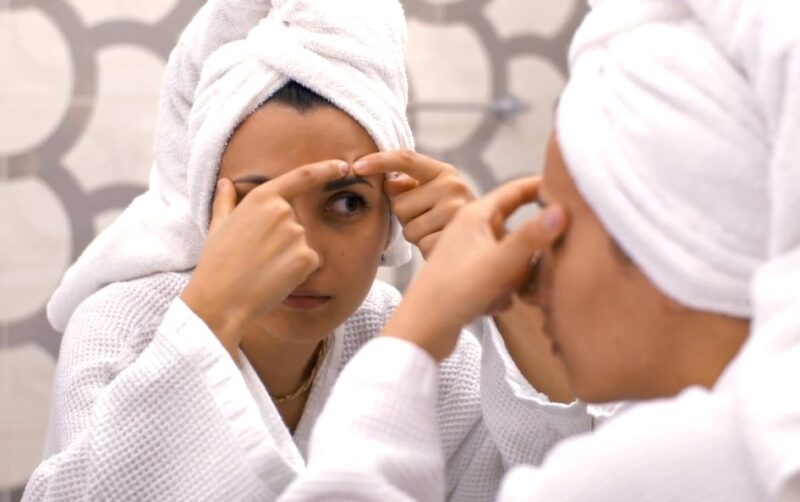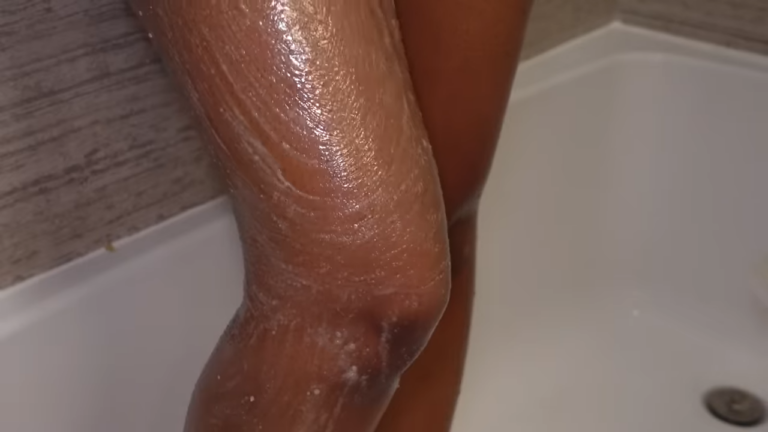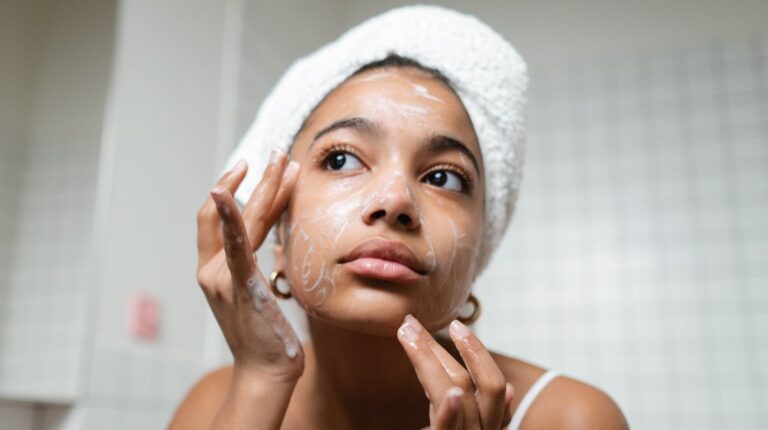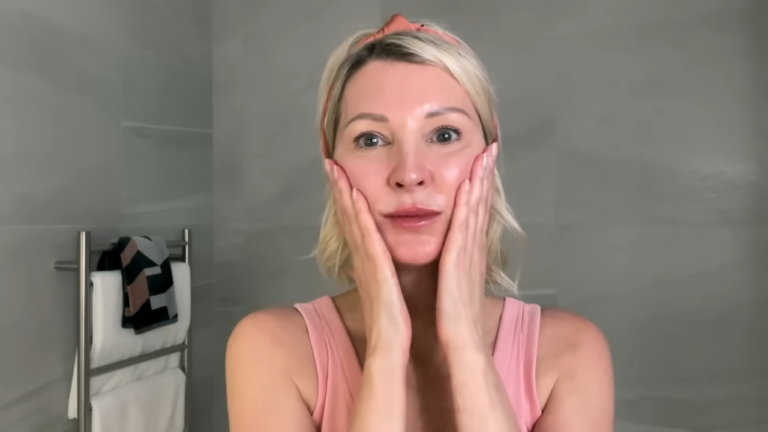While many see an improvement in their acne symptoms as they age, some may still struggle with acne into adulthood.
The condition tends to peak in girls aged 14 to 17 and boys aged 16 to 19, with many experiencing on-and-off episodes for several years before noticing significant improvement.
However, for a small percentage, acne persists beyond their teenage years, with about 3% of adults experiencing acne beyond the age of 35.
We will share some important insights about this topic in the following sections.
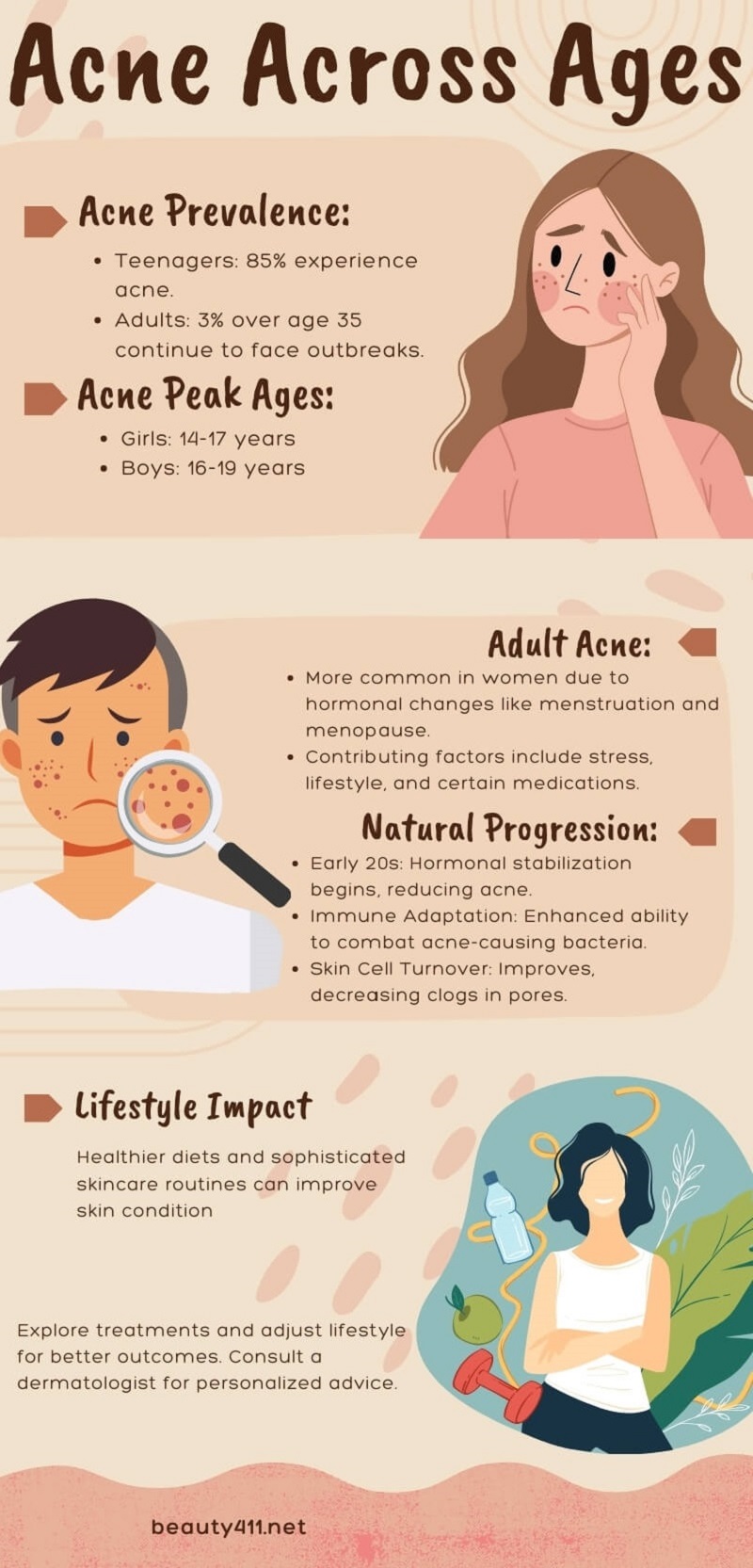
What is the Peak Age?

Teenage Years
- Girls Aged 14 to 17 and Boys Aged 16 to 19: This period marks the peak of acne prevalence due to puberty-induced hormonal surges. Androgens, which increase in both boys and girls during puberty, elevate sebum production.
- Hormonal Fluctuations: The hormonal shifts during these years not only trigger the start of acne but also contribute to its severity. The body’s fluctuating hormone levels make skin more oil-prone and sensitive to acne-causing bacteria.
Early Adulthood
- Early 20s Stability: For many, acne begins to subside as they enter their early 20s. Hormonal levels start to stabilize, leading to a decrease in sebum production and, consequently, fewer breakouts.
- Persistent Acne: Despite the general trend towards improvement, some individuals continue to experience acne into their 20s and beyond. Factors such as continued hormonal imbalances, stress, and lifestyle choices play a role in the persistence of acne.
Adult Acne
- 3% of Adults Over 35: A small but significant percentage of adults experience acne well beyond the common age range, with women being more prone due to hormonal fluctuations related to menstrual cycles, pregnancy, and menopause.
- Contributing Factors: Adult acne can also be exacerbated by stress, medication, and underlying health conditions, highlighting the need for a comprehensive approach to acne treatment that considers hormonal health, lifestyle, and skincare.
Does Acne Go Away?

For many, acne improves significantly as they enter their 20s, but for others, it remains a persistent issue.
The answer to this question varies between each individual. Overall, if underlying factors of acne are not addressed, it may never disappear. Studies show that 26% of 40 year olds and 12% of 50 year olds have acne. 10% of females that developed acne in adolescence have oily skin their whole life.
Hormonal Stabilization
- Hormonal Changes: While the hormonal fluctuations responsible for acne during puberty begin to stabilize in the early 20s, adults can still experience hormonal imbalances. For women, this can be due to menstruation, pregnancy, or conditions like polycystic ovary syndrome (PCOS), which can lead to persistent or new-onset acne.
- Adult-Onset Acne: Unlike adolescent acne, which typically affects the forehead and cheeks, adult acne often presents along the jawline and chin.
Natural Ways of Recovery
Hormonal Maturation
As people age, especially after the turbulent teenage years, hormone levels gradually stabilize.
This maturation process often leads to a decrease in sebum production, the oily substance that can clog pores and lead to acne.
For many, this results in clearer skin and fewer breakouts.
Immune System Adaptation
Over time, the body’s immune system can become better at managing the bacteria associated with acne, and P. acnes.
This adaptation can reduce the severity and frequency of acne outbreaks.
Improved immune response helps in reducing inflammation and the development of acne.
Skin Cell Turnover
With age, the natural process of skin cell turnover can become more efficient, helping to prevent dead skin cells from clogging pores.
This efficiency helps in reducing the formation of comedones (blackheads and whiteheads), which are often precursors to more severe forms of acne.
Lifestyle Changes
As individuals grow older, they often adopt healthier lifestyles that can positively impact their skin.
This includes better dietary habits, reduced stress, and more sophisticated skincare routines.
Such changes can significantly contribute to the natural improvement of acne over time.
Final Words
In summary, everyone’s experience with acne is unique, and the road to clear skin can differ greatly among individuals.
By understanding the factors that contribute to acne and exploring various treatments and lifestyle adjustments, many people can achieve significant improvements.
It’s about finding what works best for you and sticking with it, guided by patience and maybe some expert advice along the way.
Ultimately, clearer skin is within reach for most, bringing not just a better look but also a boost in confidence and overall well-being.


